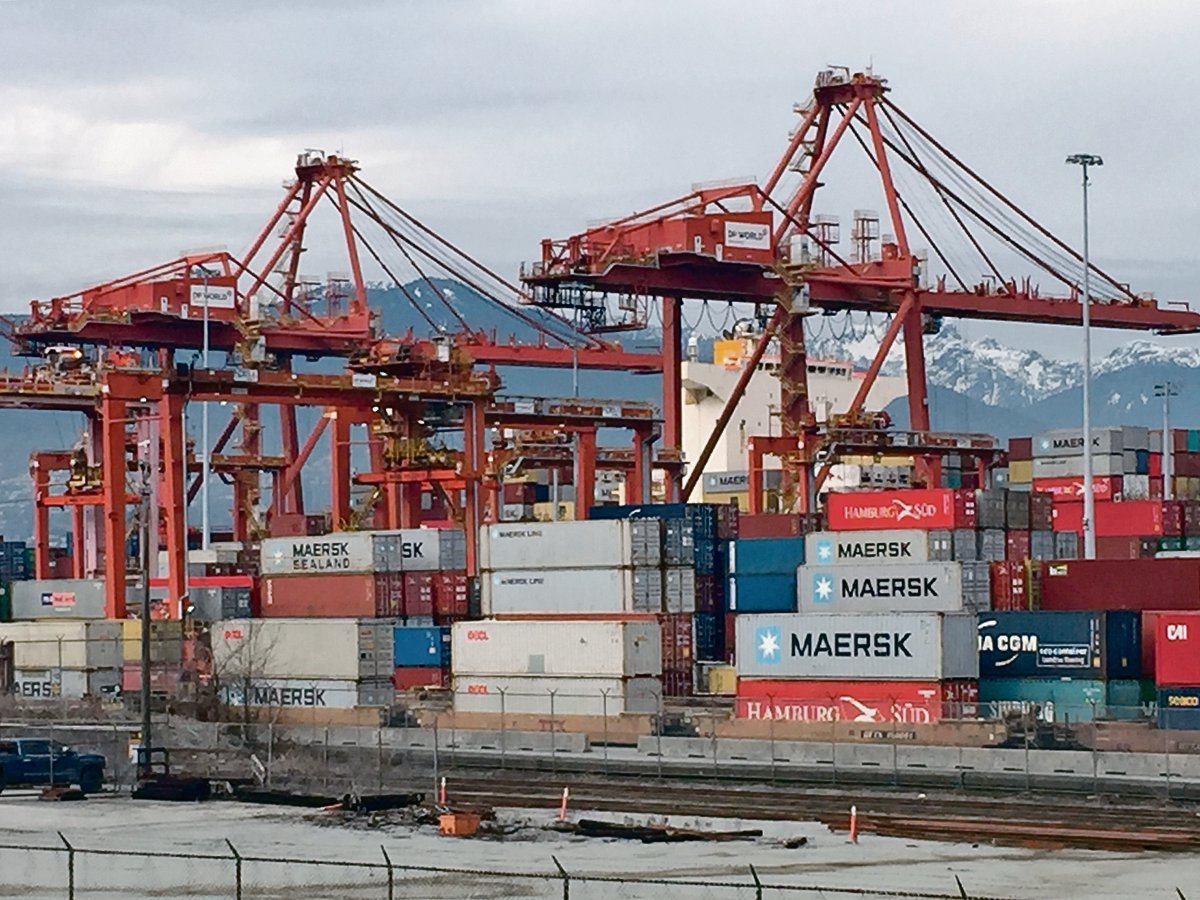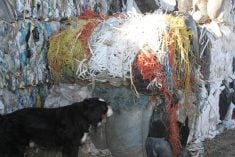The Farmer Rail Car Coalition will not meet its target of taking over the federal government’s fleet of grain hopper cars in time for the new crop year Aug. 1.
It now appears the transfer won’t take place before the end of the calendar year.
“There’s been some slippage in time lines and it’s more like Dec. 31 now,” said FRCC president Sinclair Harrison.
Negotiations among the coalition, Transport Canada and the two national railways have been more complex and time-consuming than expected, and with things slowing down for the summer it will likely be September before any agreement is put before federal cabinet for its approval.
Read Also

Message to provincial agriculture ministers: focus on international trade
International trade stakeholders said securing markets in the face of increasing protectionism should be the key priority for Canada’s agriculture ministers.
Treasury Board must also review any proposed deal, and 90 days’ notice of any change in ownership must be given to the railways.
“We hope it’s sooner than the end of the year, but that’s the way it looks,” Harrison said following a June 24 meeting with Transport Canada.
The two sides are trying to work out the terms and conditions of a five year lease-to-buy arrangement for the 12,400 grain hoppers.
Any deal must be able to withstand the scrutiny of the federal auditor general, so every item is being subjected to detailed and thorough discussion and documentation.
The list of issues includes an assessment of the condition of the cars, determination of who is responsible for the condition of the cars at the time of transfer, the governance structure of the FRCC and the pricetag that will be attached to the cars.
Transport Canada wants the coalition to pay a lease fee for five years. The coalition, which has always argued the cars should be provided to farmers for a nominal sum, said no fee should be required, noting that it will simply be passed back to producers through the revenue cap system.
“At the end of the day, that will come out of farmers’ pockets, and we have said we don’t want our piece of the puzzle to increase freight rates to farmers,” said Harrison.
The Canadian Transportation Agency last week sent a letter to 31 grain industry and transportation groups asking them to participate in a review of how the 2006-07 revenue cap might be affected by the transfer, focusing on the potential removal of car maintenance costs from the cap and the potential addition of ownership costs such as lease fees.
The coalition is also negotiating with the two national railways on a number of issues, including lease fees and how the cars will be divided between the Canadian National Railway and Canadian Pacific Railway.
Those lease fees will provide the coalition with revenue for car maintenance and administration, as well as a reserve fund to finance fleet replacement in the future.
“We have to finalize things with our revenue sources before we can finalize things with Transport Canada and we hope to do that over the summer,” said Harrison.
Assuming that can be done, he is optimistic an agreement with Transport Canada can be finalized at the next meeting between the two sides, scheduled for late
August.














